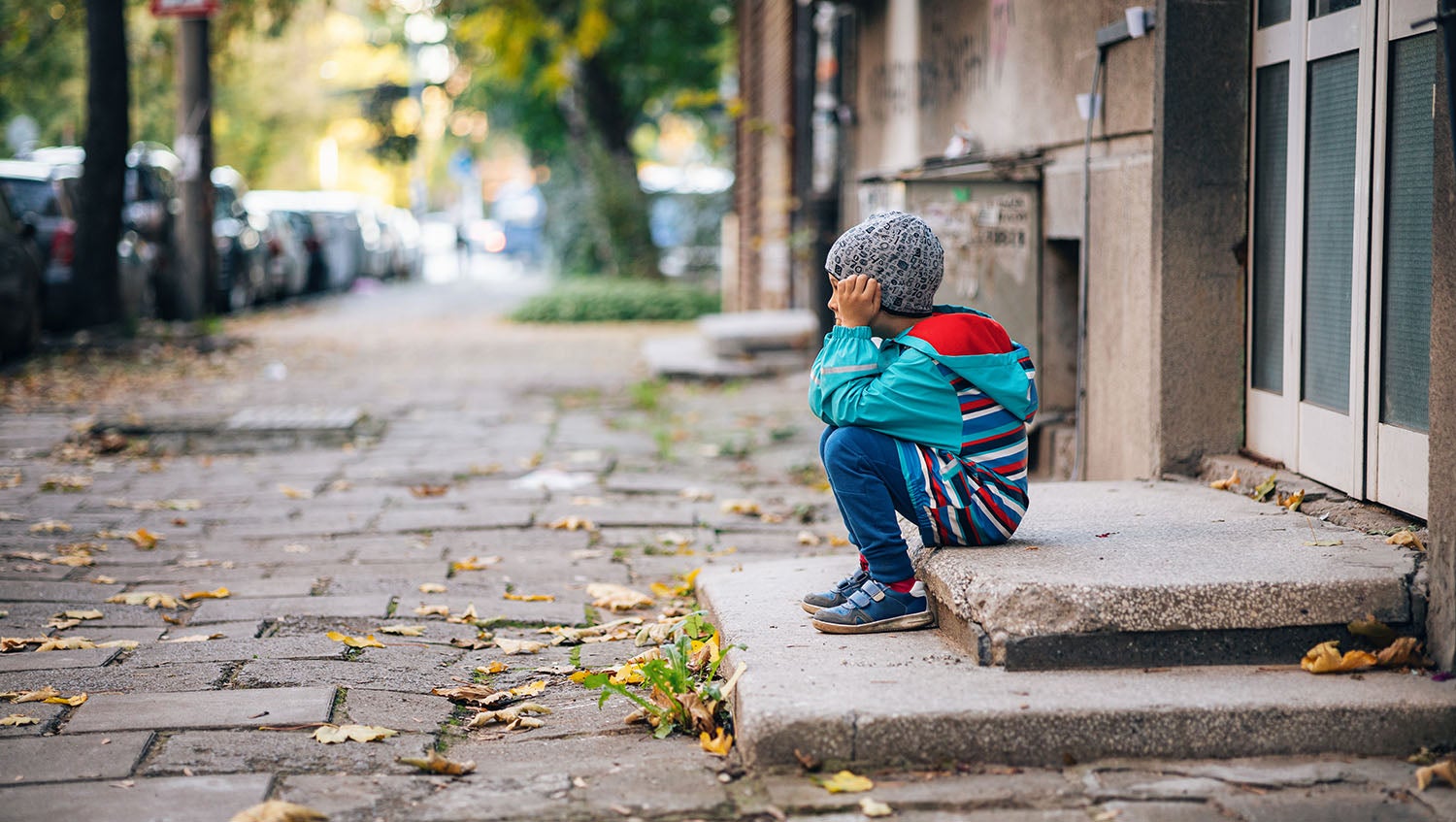New Study Highlights the "Profound Impacts" of Limited Healthcare Access for Children Exposed to Violence
March 29, 2024

Getty Images
Experts from Boston Medical Center stress the importance of leaning on evidence-based interventions, such as violence prevention programs, to help these children.
The Bottom Line
Exposure to community or domestic violence has an enormous effect on a child’s health. Evidence-based interventions — like the expanded Child Tax Credit, continuous Medicaid enrollment, and hospital-based violence prevention programs, such as Boston Medical Center’s VIAP — are needed in communities routinely exposed to violence. These interventions help connect children and their families with the healthcare system and may mitigate the health concerns associated with early exposure to violence.
Context
Millions of children in the U.S. are exposed to violence in their homes or communities. Past research has shown that children exposed to violence have worsened academic performance; increased rates of substance use disorder in adolescence; increased rates of anxiety, depression, and post-traumatic stress disorder in adulthood; and an increased risk of developing chronic medical conditions later in life. Exposure to violence also deepens child health inequities, particularly in marginalized communities disproportionately exposed to violence due to systemic racism across generations. Until now, however, there has been little research on healthcare system utilization and access among this group.
Study Objective
To find data and patterns about access to care and healthcare utilization among children exposed to violence across the U.S.
The Details
Researchers from Boston Medical Center (BMC), Brigham and Women’s Hospital, Boston Children’s Hospital, Hennepin Healthcare Research Institute, University of Pennsylvania, and Children’s Hospital of Philadelphia did a cross-sectional analysis of 16,083 children from the 2019–2021 National Health Interview Survey. In the annual survey, parents or guardians from selected households answered detailed questions about preventive care access, unmet healthcare needs, and healthcare utilization in the last year. Guardians were also asked questions about stressful life events, including violence in childhood.
Findings
After controlling for factors such as family income and insurance status, researchers found that children exposed to neighborhood violence face unmet physical and mental healthcare needs, cost-related barriers to care, decreased access to prescription drugs, increased urgent care and emergency department utilization, and decreased access to preventive care, mental healthcare, and medications.
The study, published in the American Journal of Preventative Medicine, also identified an association between exposure to neighborhood or community violence and adverse mental health symptoms, including increased rates of depression and anxiety, which was consistent with multiple previous studies. Despite that, researchers also found that children exposed to violence have higher rates of delayed and forgone mental health treatment.
Pull Quote
“Our findings highlight the profound impacts of limited access to care in communities affected by violence,” said lead author, Rohan Khazanchi, MD, MPH, a resident in the Harvard Internal Medicine-Pediatrics Residency Program that crosses BMC, Brigham & Women’s Hospital, and Boston Children’s Hospital, in a BMC press release. “We also identify specific opportunities for evidence-based clinician, health system, and policy actions that can reduce the incidence of neighborhood violence and mitigate its health consequences..”


